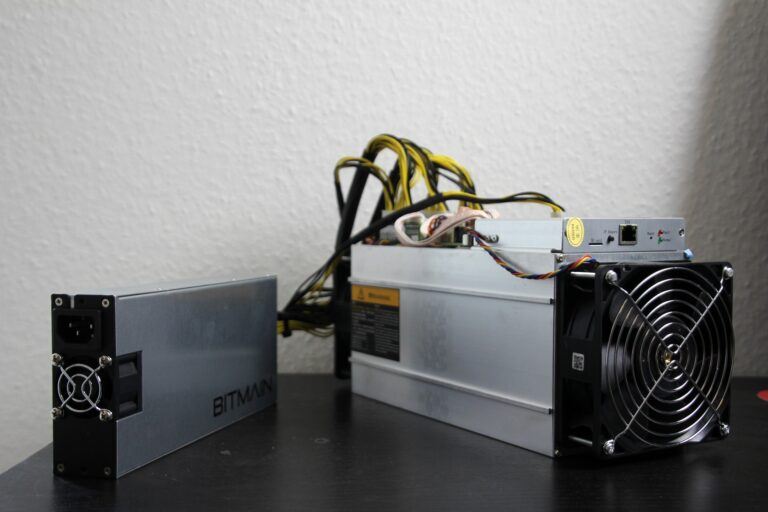As Bitcoin Cash’s (BCH) civil war continues in earnest, a little-considered side effect is that the feud made Bitcoin comparatively more enticing to mine than either of the forking chains.
The website fork.lol’s Difficulty Adjusted Reward Index (DARI) has shown that Bitcoin is the more lucrative cryptoasset to mine. The index tracks algorithm difficulty versus mining reward between the two sha256d coins, against their respective trading prices.
We can see in the chart below (2 week) a sharp uptick in the DARI ratio for Bitcoin ahead of the BCH fork. As bitcoin crashed the DARI dropped, however, analysts believe Bitcoin miners are still benefiting from the BCH ‘hashwar’.
 Source: fork.lol
Source: fork.lol
We can attribute this phenomenon to at least three factors. The first is the hashrate amassing on the BCH chain in anticipation of today’s (November 15) showdown, perhaps affecting difficulty on the Bitcoin network (more on that later). Bitcoin.com has diverted huge hash power from Bitcoin to support the Bitcoin Cash ABC chain, and at press time they have mined all six of the Bitcoin Cash ABC blocks.
Both sides have sporadically claimed superior hashing power to emerge as the preferred BCH chain (even if one side has done so rather more vociferously) – but ultimately, we’ll just have to wait and see how the ‘hashwar’ plays out.
 Source: coin.dance
Source: coin.dance
Consequently, the second reason for the DARI shift is the rapidly rising BCH hashing difficulty. Hashing difficulty adjustment on the BCH chain is much faster than Bitcoin’s – BCH adjusts its difficulty every day, whereas Bitcoin adjusts only every two weeks in an effort to maintain a ten minute hashing time for blocks.
 BCH Hashing difficulty; Source: fork.lol
BCH Hashing difficulty; Source: fork.lol
Hashing difficulty on the current BCH chain has been duly rising rather explosively in the past couple of weeks, up to roughly 60% since the start of the month, after seeing a continuous, slow slide down throughout the summer.
Though these factors alone help explain the divergence in DARI quotient, a final factor is Bitcoin’s own hashing difficulty which has seen a rare decline as of late. Bitcoin’s difficulty has been in periods of decline for only thirteen percent of its history, according to Element Group. The last few weeks have seen such drops, with a fall on the October 19 adjustment, and almost flat rate for the November 1 adjustment.
 Bitcoin hashing difficulty; Source: fork.lol
Bitcoin hashing difficulty; Source: fork.lol
As CryptoGlobe has described, this decline is probably due to Bitcoin miners turning off their rigs during hard times, as the price of bitcoin continues to rout lower.
It is thus a notable coincidence that a rare decline in Bitcoin’s difficulty is coinciding with the dramatic hike in BCH’s in the midst of an acrimonious civil war.
To all BTC miners…
If you switch to mine BCH, we may need to fund this with BTC, if we do, we sell for USD and, well… we think BTC market has no room… it tanks.
Think about it. We will sell A Lot!
Consider that….
And, have a nice day(BTC to 1000 does not phase me) pic.twitter.com/oUScEahtWc
— Dr Craig S Wright (@ProfFaustus) November 14, 2018
Pop some popcorn
As of press time, the price of bitcoin has broken new lows for the year, as far down as $5,188 on Coinbase. At the same time, Bitcoin Cash’s fork is occuring as this article is written. A continued bitcoin slide down into the red will of course change the DARI quotient somewhat; and we can already see BCH’s changing as the fork drama reaches a crescendo. It will be an interesting few days, if not weeks, for crypto-watchers.









